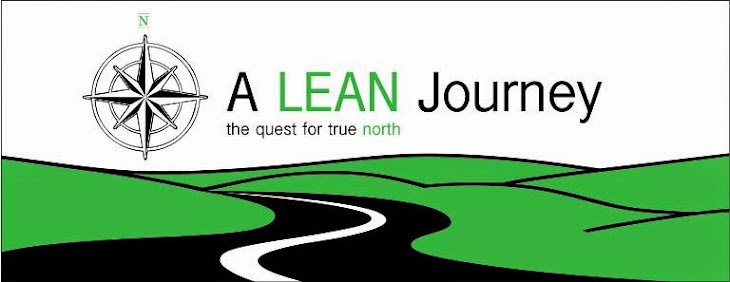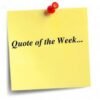Today’s guest on the meet-up guest is Jim Benson. Jim is the co-author (along with Tonianne DeMaria Barry) of Personal Kanban. Jim and Tonianne are the ones who got me turned on to use of a kanban system for personal productivity. They wrote a wonderful book that allows anyone to visualize work in a simple system to limit activity, prioritize tasks, and focus productivity effectively. Over the last few years we have talked about personal productivity systems on a number of occasions. I have used many of his tips in my own personal kanban system.
Who are you and what do you do?
I am Jim Benson. My partner Tonianne and I focus our work on Lean for knowledge workers. We specialize in helping people and organizations actually understand their work. We also have developed two specific Lean management patterns – Personal Kanban and Lean Coffee. Personal Kanban helps individuals and small teams see their work, limit their work-in-progress, and run visible experiments of continuous improvement. Lean Coffee is a Lean meetings tool that provides a light framework to have coherent and collaborative meetings.
How and when did you learn Lean?
I got my start in urban planning, so I used to build what A.A. Milne might have called Very Big Things. I built subways, bridges, and freeways. During that time, I gained an appreciation for the large number of moving parts some projects can have, the interfaces between the design and implementation worlds, and how to meet the needs of individuals as they worked in multiple systems simultaneously. In 2000, I started a software company that catered to the government sphere. We developed software using proto-Lean practices called “Agile Methodologies.” Agile was very helpful in getting projects completed, its strength was that it used iterative delivery to compensate for historic poor communications between developers and their customers. Once we found Agile, we looked for more toolsets to incorporate and make our processes even more adaptive.
That’s where we found Lean, which at that time was mainly focused on manufacturing. The concepts of flow, limiting work-in-progress, and systems thinking were immediately compelling. However, it was the underlying message of respect that really caught our eye. The combination of continuous improvement with respect for workers led to immediate and exciting results.
How and why did you start blogging or writing about Lean?
That’s hard to say. I’ve been writing since I was kid, when I got my first manual typewriter. So I’ve always been writing. I would say that my first specific Lean writing would have been around 2005 when we started managing software projects specifically with Lean principles. The first Personal Kanban posts appeared in 2007, the Personal Kanban book was published in 2010. My personal belief is that our practices cannot evolve without writing and communication. It doesn’t help if we focus only on our own teams, we only learn if we read and write.
What does Lean mean to you?
For me, the key to Lean is Deming’s System of Profound Knowledge. The intersection of systems, variation, learning, and psychology give Lean flexibility and resilience. Deming’s understanding that when we form a company, we collaborate on the creation of value. That can only be done if all actors are fully and personally invested in the outcome.
What is the biggest myth or misconception of Lean?
That it’s goal is the reduction of waste. Professionals in a continuous improvement culture will remove waste as a matter of course. When we introduce Lean initiative focusing on the word “Waste”, we start with a value judgement that closes off conversations and increases fear. This is, in my opinion, the root cause of many Lean transition failures.
What is your current Lean passion, project, or initiative?
We have been working with organizations to create Lean systems that help get knowledge workers like IT, sales, creatives, and HR to communicate better with their organizations, to set up projects with more intelligent deadlines and budgets, and to calm overly aggressive project portfolios to reward actual completion with quality.
Our passion and root of our success is linking the work of the individual to that of the projects they have. People uniformly are overburdened, often distracted, and unaware of the impacts that this has on the quality and quantity of their work. When we highlight the value streams, project loads, and other burdens of individuals, we quickly find the root causes of the frustrations and wastes of the companies they work for.
 A Lean Journey
A Lean Journey 




Leave a Comment
Your email address will not be published. Required fields are marked with *